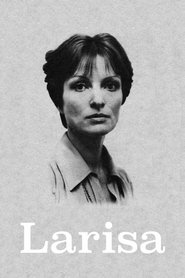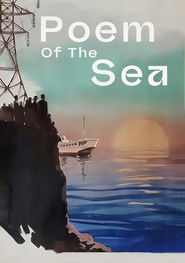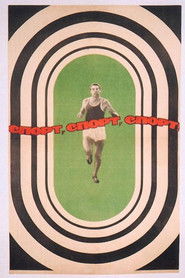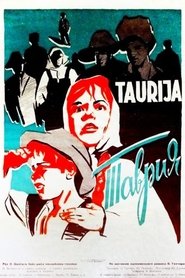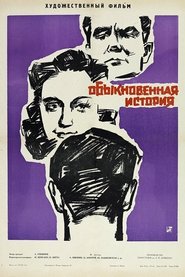Larisa Shepitko
From Wikipedia, the free encyclopedia. Larysa Efimovna Shepitko (6 January 1938, Artemivsk, Ukrainian SSR – 2 June 1979, Kalinin Oblast) was a Ukrainian Soviet film director. She went to the All-Union State Institute of Cinematography in Moscow as a student of Olexander Dovzhenko. She was a student of Dovzhenko's for 18 months until he died in 1956. Shepitko graduated from VGIK in 1963 with her prize winning diploma film Heat, made when she was 22 years old. It tells the story of a new farming community in Central Asia during the mid 1950s. Shepitko's next film Wings concerns a much-decorated female fighter pilot of World War II. The pilot, now principal of a vocational college, is out of touch with her daughter and the new generation. The film aroused considerable Soviet press controversy at the time, as films were not meant to depict conflicts between children and parents (Vronskaya, 1972 p 39). Shepitko's third film was You and I (1971). This was her only film in colour. It was favourably received at the Venice Film Festival, but lacked proper public exposure in the Soviet Union. The Ascent (1976) was her last film and the one which garnered the most attention in the West. In it, Shepitko returns to the sufferings of World War II, chronicling the trials and tribulations of a group of partisans in Belarus in the bleak winter of 1942. Two of the partisans are captured by the Nazis and then interrogated by a local collaborator, played by Anatoly Solonitsyn, before one of them is executed in public. This depiction of the martyrdom of the Russians owes much to Christian iconography. The Ascent won the Golden Bear at the 27th Berlin International Film Festival in 1977. Shepitko's growing international reputation led to an invitation to serve on the jury at the 28th Berlin International Film Festival in 1978. However, she was unable to complete any other films. Shepitko died in a car crash with four members of her shooting team in 1979 while scouting locations for her planned adaptation of the novel Farewell to Matyora, by Valentin Rasputin. Her husband Elem Klimov, also a film director, finished the work for her. Description above from the Wikipedia article Larisa Shepitko, licensed under CC-BY-SA, full list of contributors on Wikipedia.
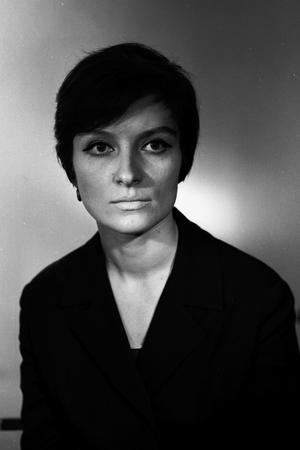
Agony: The Life and Death of Rasputin
as uncreditedRussian monk Grigori Rasputin rises to power, which corrupts him along the way. His sexual...
Movie pageLarisa
as Self (archive footage)Elem Klimov's documentary ode to his wife, director Larisa Shepitko, who was killed in an auto...
Movie pagePoem of the Sea
as uncreditedA Soviet dam project means that many old Ukrainian villages will end up under water. There are...
Movie pageSport, Sport, Sport
as uncreditedA half-fiction half-documentary story about sport and it's importance in everyday life.
Movie pageTavria
as Hanna1914, Imperial Russia. A group of Ukrainian peasants searching for a better life in the Taurida...
Movie pageTalks with Larisa
as uncreditedThis 1999 program, broadcast on the Russian television channel Kultura, features an introduction...
Movie page
